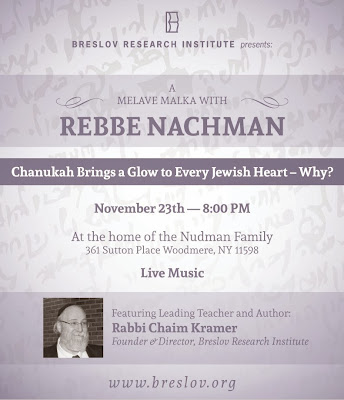Please contact me if you are interested in volunteering for a circumscribed source-checking project for about 20 or so sources quoted in the forthcoming book of Rav Moshe Weinberger's drashos.
As a general principle, it's important to verify the accuracy of citations and we've already verified the large majority of the sources cited both for (i) the accuracy of the citation and (ii) verification that the source indeed supports the proposition for which it was cited in the particular way that source was characterized in the text.
These are some of the somewhat harder-to-find sources. The project would be on an approximately one-week timeline after I get you the pages with the sources that need to be checked. We would like to get the manuscript out to the proofreader soon.
Thanks in advance and I look forward to hearing from anyone who's interested! Please email me at dixieyid(at)gmail.com. Shloyach!
Update 10:30 a.m.: We have a volunteer. Thank you!
As a general principle, it's important to verify the accuracy of citations and we've already verified the large majority of the sources cited both for (i) the accuracy of the citation and (ii) verification that the source indeed supports the proposition for which it was cited in the particular way that source was characterized in the text.
These are some of the somewhat harder-to-find sources. The project would be on an approximately one-week timeline after I get you the pages with the sources that need to be checked. We would like to get the manuscript out to the proofreader soon.
Thanks in advance and I look forward to hearing from anyone who's interested! Please email me at dixieyid(at)gmail.com. Shloyach!
Update 10:30 a.m.: We have a volunteer. Thank you!










